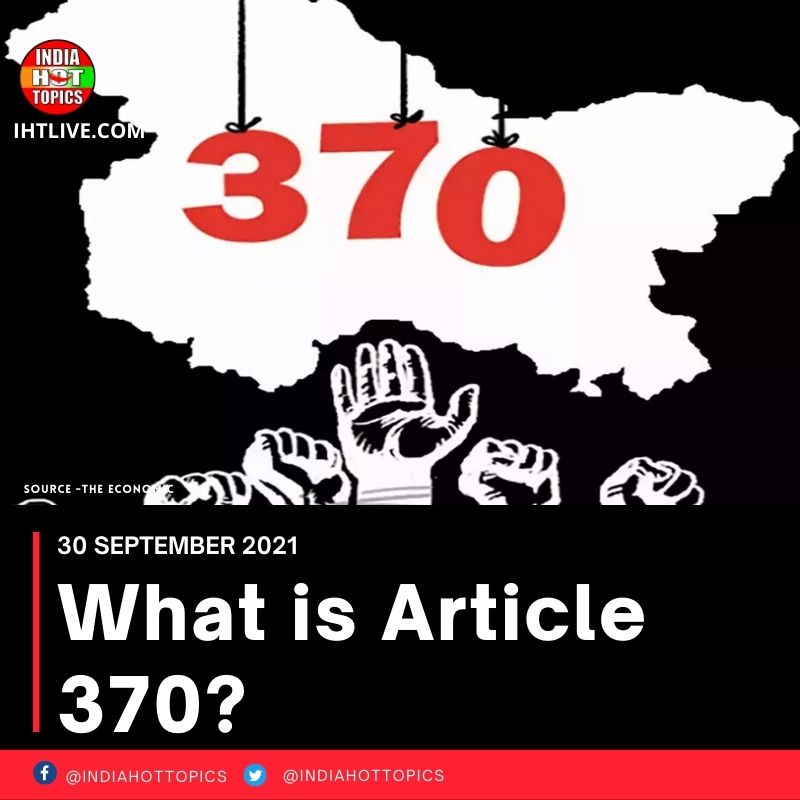Law
What is Article 370?

Trending
DTC to start electric buses from 3 Delhi ISBTs to Noida airport by May end
-

 American Dream2 months ago
American Dream2 months agoThe new American dream’: Meet the US expat who built a $23M food business in India
-
.jpg)
.jpg) Bollywood2 months ago
Bollywood2 months agoSiddharth Malhotra carries pregnant wife Kiara Advani’s bag in unseen pic from New York ahead of Met Gala 2025
-

 SSC Exam Calendar 20252 months ago
SSC Exam Calendar 20252 months agoSSC Exam Calendar 2025 revised, check CGL, CHSL, SI in Delhi Police, MTS, JE and other exam dates here
-
%20(2).jpg)
%20(2).jpg) Celebrity Lifestyle1 month ago
Celebrity Lifestyle1 month agoKareena Kapoor reveals her new schedule; says she has dinner at 6pm, lights out at 9:30 pm: ‘Saif, the kids and me, we’re all cooking together’
-

 Celebrity News1 month ago
Celebrity News1 month agoAccording to Urvashi Rautela, Leonardo DiCaprio referred to her as the Queen of Cannes; online users refer to him as the “first Hollywood star to
-
.1.jpg)
.1.jpg) Education2 months ago
Education2 months agoMaharashtra HSC Result 2025: MSBSHSE Class 12th results declared at mahahsscboard.in, direct link here
-

 Virat Kohli2 months ago
Virat Kohli2 months agoVirat Kohli wants to retire from Test cricket before England tour; BCCI urges him to change his mind
-

 Trending4 weeks ago
Trending4 weeks agoThug Life Movie Review & Release Live Updates: Kamal Haasan’s Bold New Venture – Is it the Hit We Expected?
.png)







.jpg)
.jpg)
.jpg)
.jpg)
.jpg)

.jpg)
.jpg)
.jpg)







